Pope Pius XI condemned the violence of the fascists in Italy
Pope Pius XI condemned the violence of the fascists in Italy
Pope Pius XI published an apostolic letter to the bishops of Italy on August 6, 1922, on the occasion of the strikes promoted by communists and the violence perpetrated by fascists, in which he condemned the “partisan passions” and the exasperations that led, “now on one side, now on the other, to bloody offenses.”
In his speech to the cardinals, delivered on March 24, 1924, Pius XI once again condemned the violence of the fascists during and after the elections of that year, stating: “True and deep sorrow is caused to us by the frequent scenes of violence among citizens of one same beautiful and amiable country.”
In a letter from the Cardinal Secretary of State of the Holy See, Pietro Gasparri, addressed to the Apostolic Nuncio in Munich, Eugenio Pacelli (the future Pope Pius XII), dated April 11, 1924, it is reported that the Pope once again condemned fascist violence in his speech during the consistory. Gasparri writes:
“I deem it opportune to communicate to the Illustrious and Most Reverend that the Holy Father continues to harbor great concern over the ongoing acts of violence committed by members of the Fascist Party, not only to the detriment of citizens of differing political persuasions, but also against Catholic works and institutions that have nothing to do with politics.
Following the solemn deploration and open condemnation that the Holy Father had made of these acts of violence in his most recent consistory speech, it was reasonable to expect that they would cease or, at the very least — should his paternal reminder of the duties of Christian charity and tolerance not prove effective — that precise and peremptory orders of prevention and repression would be issued by the competent authorities, and that such orders would be carried out.
But, unfortunately, none of this has happened thus far. On the contrary, unjustified assaults continue to grow in a most alarming way and, what is worse, almost always go unpunished.
The Holy Father, for his part, has done everything within his power to recall, by every possible means, a sense of reality and the grave responsibilities of the present moment. For this reason, too, he has intervened and continues to intervene, insofar as possible, to mitigate the moral and material consequences of the violence itself, assisting the victims and taking upon himself — as in the recent case of Trani — the reparation of the damages.”
In 1926, new incidents occurred involving clashes between Catholics and fascists, such as during the Corpus Christi octave procession in Livorno, and also in August, in the cities of Macerata and Mantua, where serious conflicts took place, resulting even in a death. The bishop of Macerata wrote to Pope Pius XI denouncing the authorities’ inertia in repressing the confrontations. In response, the Pope canceled the international congress of Catholic gymnasts, which was to be held in Rome, as a form of protest against fascist violence.
Pius XI also sent a letter to the Cardinal Archbishop of Milan, Ildefonso Schuster, in which he stated that fascism was mistaken in educating young people in the ways of violence and aggression. On June 4, 1931, the Catholic Church organized a protest against the violence suffered by Catholic organizations. In the encyclical Non abbiamo bisogno, Pius XI strongly condemned the fascist repression of Catholic Action in Italy.
REFERENCES:
https://it.wikipedia.org/wiki/....Papa_Pio_XI#Rapporti
https://www-30giorni-it.transl....ate.goog/articoli_id
https://pt.wikipedia.org/wiki/....Arnaldo_Mussolini#Fa
Lettera enciclica non abbiamo bisogno del sommo pontefice pio xi sull'azione cattolica italiana. https://www.vatican.va/content..../pius-xi/it/encyclic
0


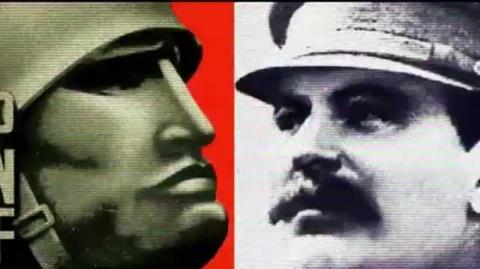
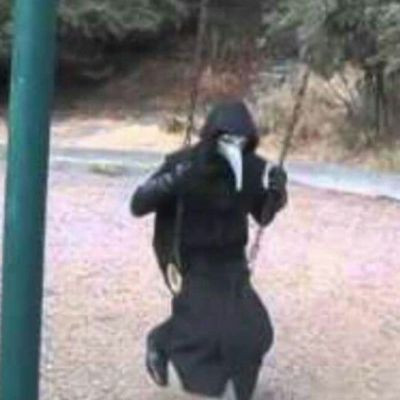 Sant77
Sant77
 The Alex Jones Show
The Alex Jones Show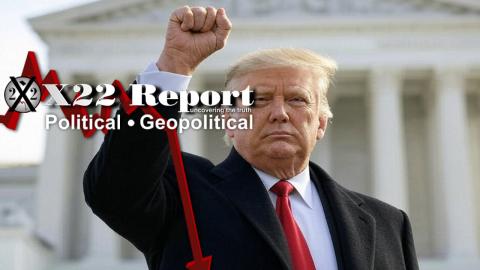
 X22 Report
X22 Report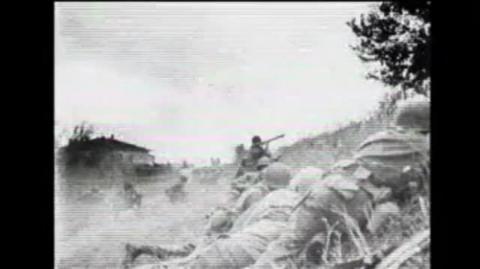

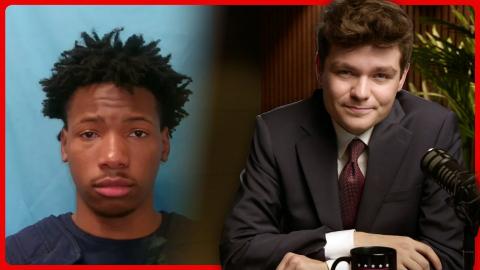
 Nick J Fuentes
Nick J Fuentes
 Russell Brand
Russell Brand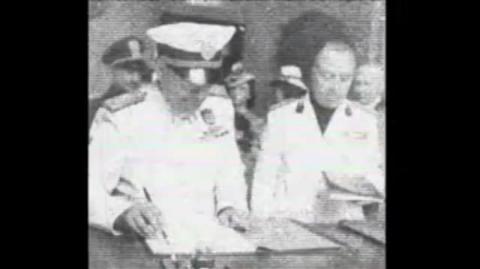
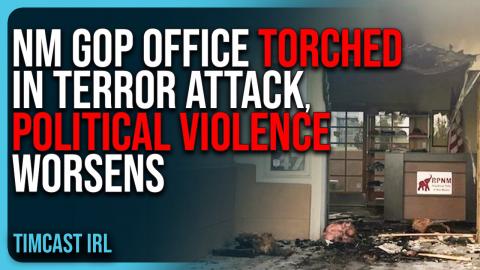
 Timcast IRL
Timcast IRL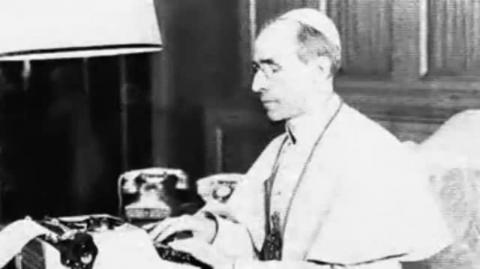
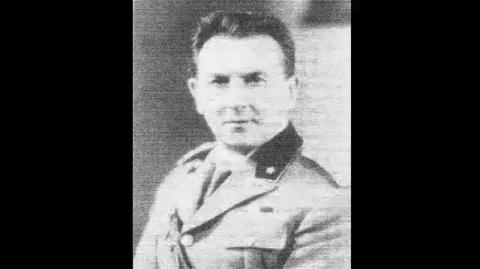
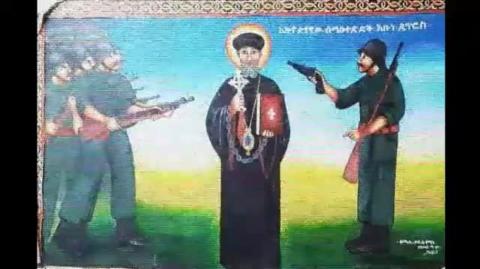
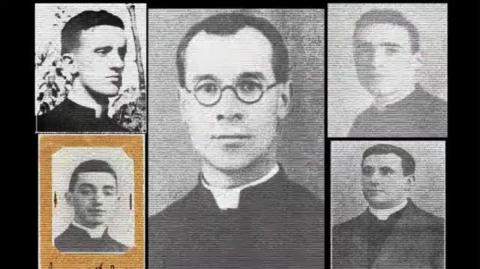
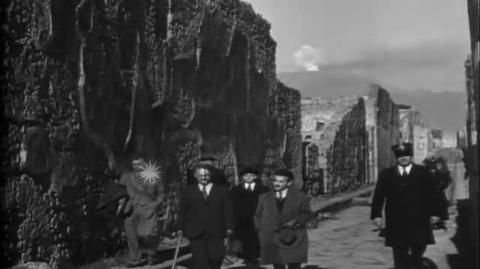
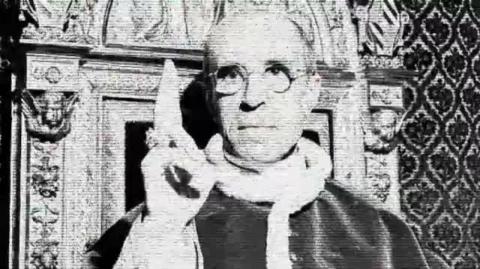
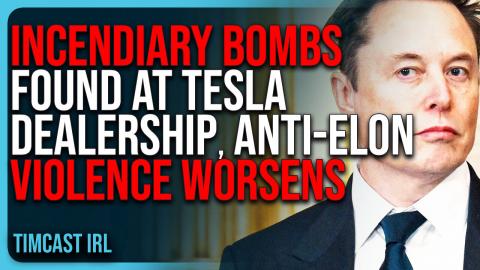

 Styxhexenhammer666
Styxhexenhammer666
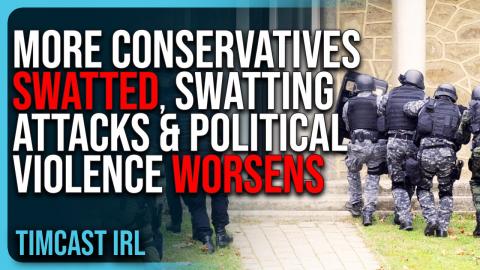



Log in to comment